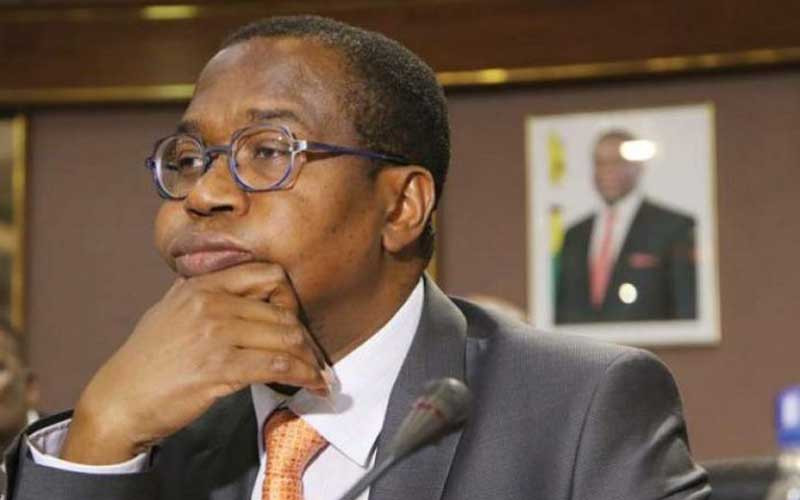
FINANCE minister Mthuli Ncube vowed yesterday to rave up his tough fiscal policy regime and drive inflation to double digit rates, as he battles to limit the pain that has haunted the economy for years with no solution in sight.
The annual inflation rate was estimated at 268% last month.
The Treasury boss has spent this year swinging from one policy to another, in a spirited campaign to tackle a stubborn inflation, along with rioting black market exchange rates.
The haemorrhaging Zimbabwe dollar had surrendered 70% of its value by the end of September, as headwinds defied a string of ad hoc prescriptions.
The currency battering represented one of the worst rates of depreciation since his bold move to drive recovery on the back of the domestic unit in 2019.
A decade earlier, the domestic unit has collapsed under a runaway inflation of 500 billion percent.
On Thursday, Ncube said he was determined to tackle the inflation — the increase in the price of something over time — in order to achieve his targets.
He would be relying heavily on the Reserve Bank of Zimbabwe’s hawkish monetary policy stance, which includes a 200% policy rate regime, and an aggressive open market operation. These would be bolstered by further tightening screws on government spending to contain money supply — another inflation driving force.
- Teachers, other civil servants face off
- Veld fire management strategies for 2022
- Magistrate in court for abuse of power
- Vungu Dam water treatment and irrigation project takes off
Keep Reading
Authorities have fought rampaging inflation since September 2021. But the rate rose to 285% this August, from 51,5% a year ago.
Annual inflation slid for the first time in a year in September, tumbling to 280,4%, before dropping to 268,8% last month.
In Treasury, authorities said a solution was on the way.
But a string of delays to major infrastructure projects across the country haunts governments, as funding taps to service providers run dry.
Ncube told legislators at the new parliament building in Mt Hampden that inflation was under control.
“In 2023, national annual average inflation is projected to continue slowing down to double digit levels, underpinned by…continued tight monetary and fiscal policy stance, stable foreign exchange market, strengthened government procurement processes, implementation of measures to mop up excess liquidity such as the sale of gold coins and fairly stable global commodity prices,” he told legislators.
“Supportive monetary and fiscal policies, as well as coordinated interventions by the authorities have been central in sustaining the current inflation deceleration and exchange rate convergency path. Going forward, this policy objective will be maintained and adjusted where necessary,” he added.
Government in august moved to introduce gold coins to begin a mop up operation that has been credited for cooling off jittered and stabilised prices.
More gold coins were injected into the market last week, as a new report showed ZW$9 billion had been sucked out of the market during the first round, after the central bank introduced US$3 billion work of coins.
Yesterday, Ncube set new targets for month on month inflation and promised to intervene as soon as they were threatened.
“Government is setting a month-on-month inflation target range of between 1% to 3%, and a fiscal budget deficit of not more than 1,5% of gross domestic product during 2023. Going forward, any deviations from these critical targets will warrant further interventions by both fiscal and monetary authorities, with the monetary policy committee and the central bank expected to deploy all tools at their disposal to ensure the attainment of these targets, consistent with their mandates.
Global shocks have heightened inflationary pressures in all countries worldwide, resulting in the highest interest rates hikes, as central banks across the globe seek to dampen demand to contain inflation. In response to domestic inflation dynamics, as well as the pass through effects of increases in energy, food prices, and supply chain cost pressures on the economy, government tightened fiscal and monetary policies that have managed to contain the excessive depreciation of the local currency against the US$ on the parallel market, a major driver of domestic inflation. This has resulted in the convergence of the auction exchange rate and the willing buyer willing seller exchange rate,” he added.







